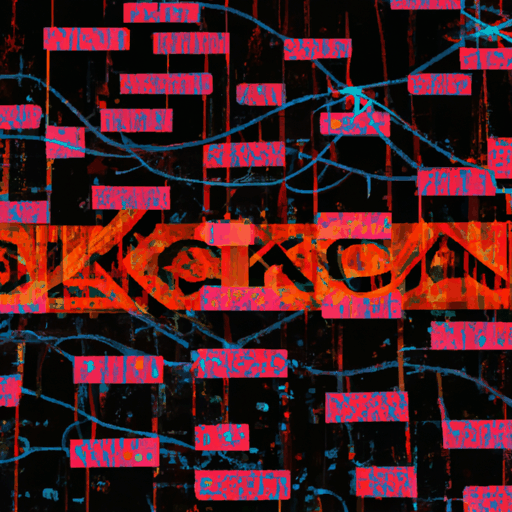
Understanding Supply Chain Attacks in Blockchain Ecosystems
By: Isha Das
Supply chain attacks have emerged as a significant threat within blockchain ecosystems, exemplified by the recent incident involving the Solana network. In essence, a supply chain attack occurs when an adversarial entity targets and compromises the software supply chain, injecting malicious code into legitimate software packages. This type of attack can exploit dependencies and package distribution systems to infiltrate trusted environments.
The Solana incident serves as a cautionary tale of how a compromised account with publishing permissions to the solana/web3.js JavaScript library allowed attackers to insert harmful packages. These packages deceptively included code to extract private key information, seizing assets from decentralized applications reliant on these compromised elements. Notably, the breach appeared confined to a specific segment involving JavaScript client libraries without impacting the broader Solana blockchain protocol.
Supply chain attacks can have profound impacts, potentially leading to the theft of funds and sensitive data, as well as undermining user trust. According to reports, the Solana event led to financial losses amounting to $160,000, underscoring the necessity for vigilance. It highlights the critical importance of maintaining stringent security practices, such as verifying software component sources, implementing regular security audits, and establishing response plans to swiftly address potential threats.
As blockchain networks continue to evolve, understanding and mitigating supply chain vulnerabilities becomes imperative to safeguarding the integrity and security of decentralized systems.



